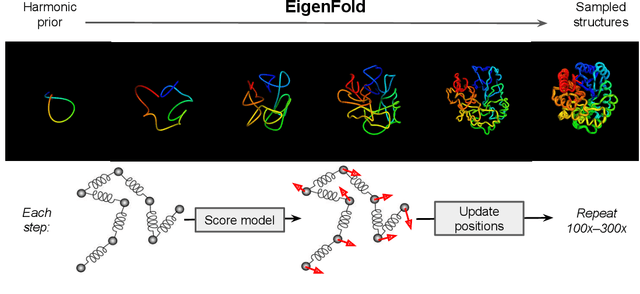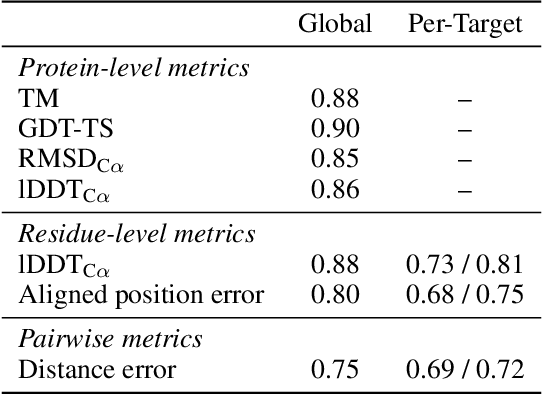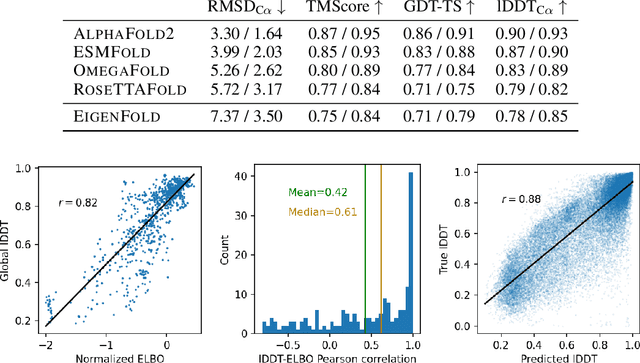Peter Pao-Huang
Semi-Supervised Object Detection in the Open World
Jul 28, 2023Abstract:Existing approaches for semi-supervised object detection assume a fixed set of classes present in training and unlabeled datasets, i.e., in-distribution (ID) data. The performance of these techniques significantly degrades when these techniques are deployed in the open-world, due to the fact that the unlabeled and test data may contain objects that were not seen during training, i.e., out-of-distribution (OOD) data. The two key questions that we explore in this paper are: can we detect these OOD samples and if so, can we learn from them? With these considerations in mind, we propose the Open World Semi-supervised Detection framework (OWSSD) that effectively detects OOD data along with a semi-supervised learning pipeline that learns from both ID and OOD data. We introduce an ensemble based OOD detector consisting of lightweight auto-encoder networks trained only on ID data. Through extensive evalulation, we demonstrate that our method performs competitively against state-of-the-art OOD detection algorithms and also significantly boosts the semi-supervised learning performance in open-world scenarios.
EigenFold: Generative Protein Structure Prediction with Diffusion Models
Apr 05, 2023



Abstract:Protein structure prediction has reached revolutionary levels of accuracy on single structures, yet distributional modeling paradigms are needed to capture the conformational ensembles and flexibility that underlie biological function. Towards this goal, we develop EigenFold, a diffusion generative modeling framework for sampling a distribution of structures from a given protein sequence. We define a diffusion process that models the structure as a system of harmonic oscillators and which naturally induces a cascading-resolution generative process along the eigenmodes of the system. On recent CAMEO targets, EigenFold achieves a median TMScore of 0.84, while providing a more comprehensive picture of model uncertainty via the ensemble of sampled structures relative to existing methods. We then assess EigenFold's ability to model and predict conformational heterogeneity for fold-switching proteins and ligand-induced conformational change. Code is available at https://github.com/bjing2016/EigenFold.
 Add to Chrome
Add to Chrome Add to Firefox
Add to Firefox Add to Edge
Add to Edge